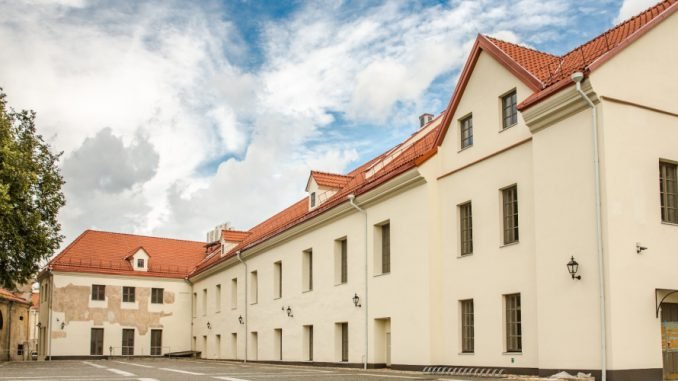
Most of EHU’s students are from Belarus.
Draft amendments allowing setting special evaluation and accreditation criteria for universities operating under forced emigration conditions last week passed the first reading in the Seimas with 106 votes in favor, no votes against and no abstentions.
The bill will now be discussed at the parliament’s Committee on Education and Science.
“The draft law would facilitate the functioning of non-state universities in Lithuania, those who are in forced emigration, in exile,” Eugenijus Jovaiša, the committee’s chairman, said while introducing the bill.
It may be difficult for universities in exile to meet the requirements set for Lithuania’s state-owned higher education schools, he added.
EHU in late 2017 received a negative assessment from the Lithuanian Center for Quality Assessment in Higher Education, which said that this provided grounds for “revoking the authorization to deliver studies and carry out activities related to studies”.
The university’s performance was evaluated last year because it received a negative assessment after an earlier review in 2014 and was only issued only a three-year accreditation.
The government has allowed EHU to continue operating until July 2019.
EHU is a private university that was established in Minsk in 1992 and operated in Belarus’ capital until its closure by the authorities in 2004. It reopened in Vilnius in 2005 at the Lithuanian government’s invitation.
EHU enrolls almost 800 students, 95 percent of whom are from Belarus.

Be the first to comment